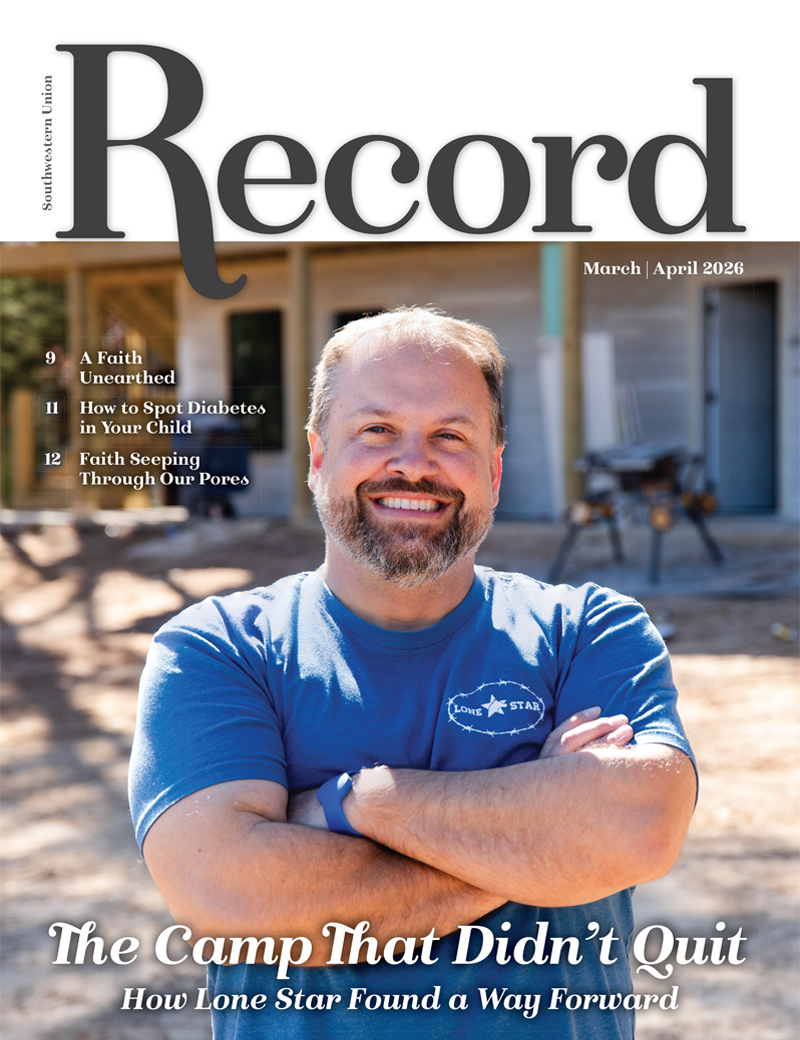Why do I despair

If you’ve ever experienced depression, be assured that you are not alone. In fact, some might even say you are in good biblical company. Elijah reached a point of extreme discouragement and exhaustion as described in 1 Kings 19: 4 (NLT), “Then he went on alone into the wilderness, traveling all day. He sat down under a solitary broom tree and prayed that he might die. ‘I have had enough, LORD,’ he said. ‘Take my life, for I am no better than my ancestors who have already died.’” David spent years battling with despair. In Psalm 42:11 (The Voice) he frustratingly says, “Why am I so overwrought, why am I so disturbed? Why can’t I just hope in God?”
Jesus knows our despair intimately. “He is despised and rejected by men, a man of sorrows and acquainted with grief. And we hid, as it were, our faces from Him; He was despised, and we did not esteem Him,” says Isaiah 53:3 (NKJV). Like many of the biblical heroes, depression can deepen our desperation for God. It often drives us to our knees in passionate prayer and allows our hearts to open as we pour into His Word for guidance and comfort. When we are at the end of our rope, God is especially close. Psalm 34:18 assures us that “The Lord is close to the brokenhearted and saves those who are crushed in spirit.” This wonderful promise reminds us that we are not alone; we are never alone.
However, Christians can be mistaken in assuming depression or mental health issues are only spiritual battles. We wouldn’t advise someone to pray away a broken bone, yet sometimes we limit healing to prayer when it concerns matters of the mind, rather than seek or discuss professional help.
Mental health is essential to everyone’s overall health and well-being, and mental illnesses are common and treatable. May is national Mental Health Month. Because much of what we do physically impacts us mentally, we wanted to join with Mental Health America to raise awareness about the connection between physical health and mental health.
Mental Health America has chosen the theme Fitness #4Mind4Body. The campaign is meant to educate and inform individuals about how eating healthy foods, gut health, managing stress, exercising, and getting enough sleep can go a long way in improving overall health. A healthy lifestyle can help to prevent the onset or worsening of mental health conditions like depression and anxiety, as well as heart disease, diabetes, obesity, and other chronic health problems. It can also play a role in helping people recover from these conditions.
Mental illnesses are real, and recovery is always the goal. Living a healthy lifestyle may not be easy, but looking at your overall physical and mental health every day can have long-lasting benefits. For more information about Fitness #4Mind4Body, visit MentalHealthAmerica.net/May.
God intended us to live healthy wholesome lives in perfect communion with others. While we may struggle with some of those elements on this earth, we know that His Holy Spirit is by our side helping us handle every problem that comes our way. Likewise, we have family, friends, and colleagues who are also on this life-journey with us. We help and encourage each other when we struggle, and rejoice and celebrate when we triumph.
In this fellowship, may we also take a genuine and open approach to discussing matters of mental health, encourage with humble nonjudgmental tones, and seek professional help when needed. Let’s take a look at mental health seriously and honestly. If you need help or would like to talk to someone now, please call 1-800-273-TALK (8255).


